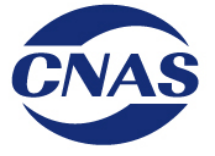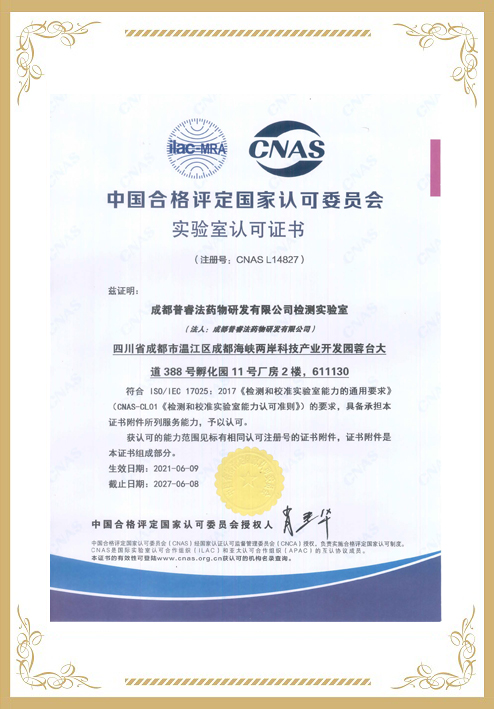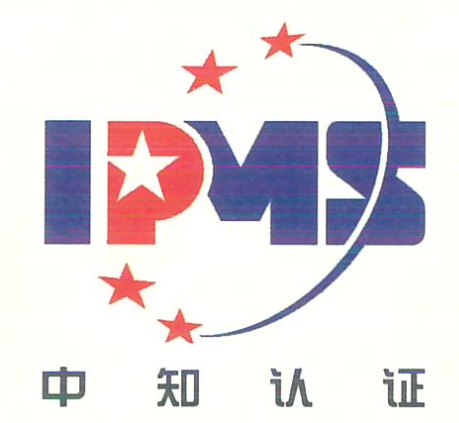Ethnopharmacological relevance
Paljung-san is a traditional herbal medicine used widely for the treatment of urogenital diseases in East Asia. However, scientific evidence of the efficacy of Paljung-san and its mechanisms of action against benign prostatic hyperplasia (BPH) is not clearly established.
Aim of the study
We investigated the inhibitory effect of Paljung-san water extract (PSWE) and its mechanisms against BPH in vitro and in vivo.
Materials and methods
Active compounds of PSWE were analyzed quantitatively by High-performance liquid chromatography (HPLC). For in vitro study, PSWE treated BPH-1 cells were used to perform western blot analysis, cell cycle analysis and enzyme-linked immunosorbent assay. For in vivo BPH model, male rats were subcutaneously injected with 10 mg/kg of testosterone propionate (TP) every day for four weeks. 200 and 500 mg/kg of PSWE was administrated daily by oral gavage with s.c. injection of TP, respectively.
Results
HPLC revealed that PSWE contains 1.21, 1.18, 2.27, 3.56, 4.23, 3.00, 6.78, and 0.004 mg/g of gallic acid, 5-caffeoylquinic acid, chlorogenic acid, geniposide, liquiritin apioside, liquiritin, glycyrrhizin, and chrysophanol components, respectively. In human BPH-1 cells, PSWE treatment reduced cell proliferation through arresting the cell cycle in the DNA synthesis phase. Moreover, PSWE suppressed prostaglandin E2 production with reduced cyclooxygenase-2 expression. In TP -induced BPH rat model, PSWE administration showed reduced prostate weights and dihydrotestosterone levels and led to a restoration of normal prostate morphology. PSWE also decreased TP-induced Ki-67 and cyclin D1 protein levels in the prostatic tissues. Decreased glutathione reductase activity and increased malondialdehyde levels in the BPH groups were reversed by PSWE administration.
Conclusion
PSWE attenuates the progression of BPH through anti-proliferative, anti-inflammatory and anti-oxidant activities in vitro and in vivo. Therefore, these data provide the scientific evidence of pharmacological efficacy of PSWE against BPH.
…
Chlorogenic acid ,
liquiritin apioside , and
chrysophanol were purchased from
Biopurify























